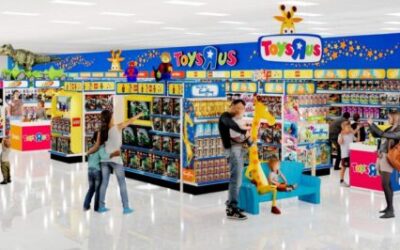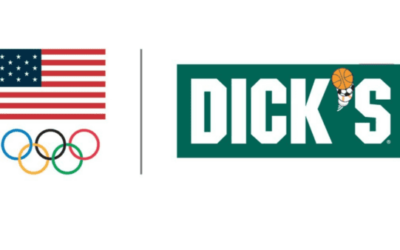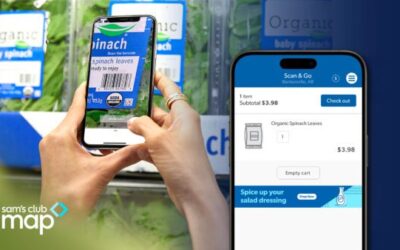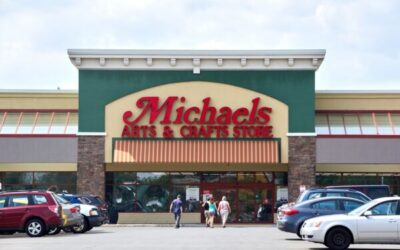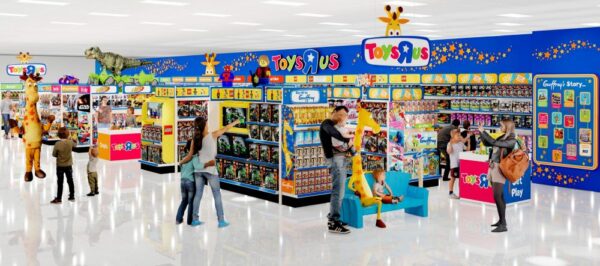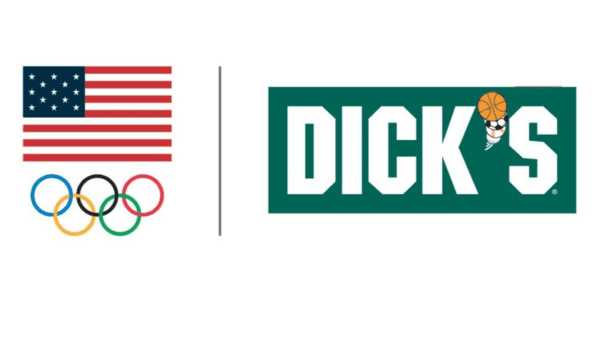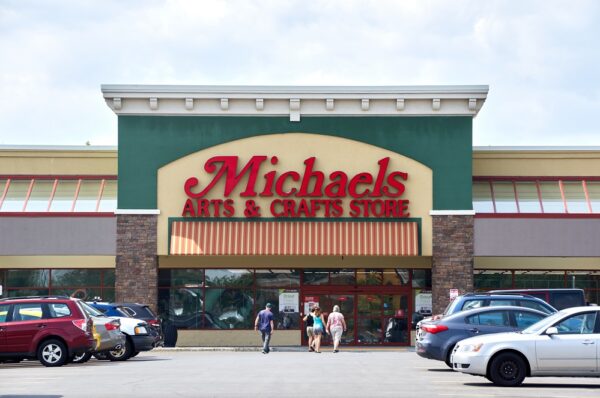Why Curacao ‘Zags’ When Other Retailers ‘Zig’ — and How This Drives its Success
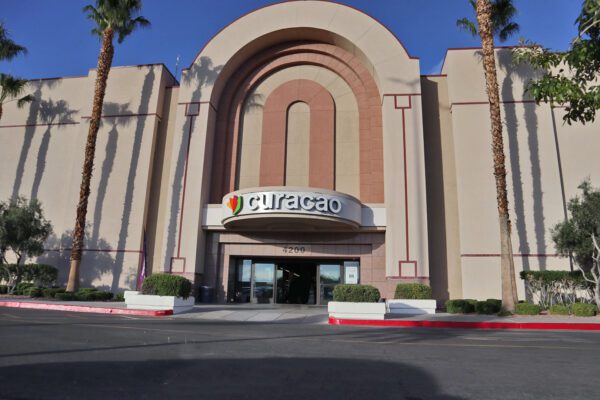

Every retailer strives to understand its customers, but few are as deeply in tune with their audiences as Curacao. This California-based retailer serves Hispanic communities with a large but carefully curated product selection and a surprisingly wide range of services — wide enough that the company is at least as much a bank as it is a retailer. This both requires the company to keenly recognize its shoppers’ needs and provides opportunities to track their demands through data sources like its private label credit card.
The business was started 40 years ago by Middle Eastern immigrant Jerry Azarkman, who opened his first store in downtown Los Angeles after spending time selling small appliances door to door. He quickly found that his customers were primarily of Latino descent and that there were large needs within this community — particularly with buying on credit. So Azarkman would take down names and other personal information on a rolodex, as well as what that particular customer owed, and built his business on mutual trust.
“He quickly realized that this community paid up, and they would come back and make their small payments that could be $5 or $10 at a time,” said Ariela Nerubay, EVP and Chief Marketing Officer at Curacao in an interview with Retail TouchPoints. “Then he started building his company on credit, little by little. He only hired Latino immigrants to work for him so that they could provide him with the right insight, the right cultural know-how to connect with them. He started building this empire that went from a tiny little store that sold a little bit of electronics and appliances into a $350 million a year business that has expanded to three states and 13 stores.”
Today, Curacao operates stores that are at least 100,000 square feet in size and cover four main verticals — electronics, home, fashion, kids and babies — and 17 different subcategories. The company differentiates itself from other department stores with its laser-sharp focus on products for its specific audience’s needs, leading to a unique selection featuring everything from powerful speakers for DJs to tamaleras big enough for cooking tamales for large gatherings.
“We don’t want to be just a store that sells stuff that everyone else sells,” said Nerubay. “We’re a store that sells what everyone else sells, plus all those unique products and services that are very specific to the community that we serve.”
Serving Shoppers Across Borders
Many people within Hispanic communities have friends and family throughout Latin America, and Curacao maintains relationships with retailers and others throughout Mexico and other countries to ensure its services can reach back home. One recent example was Mother’s Day, when Curacao was able to help its customers send flowers to family in other countries.
“We actually have a collaboration partnership with flower shops in Mexico City and throughout Mexico — I was able to send flowers to my mother from here,” said Nerubay. “People come to our stores and buy their flower arrangement and we make sure it’s delivered in Mexico, wherever it is that their family or their mother lives. Then we send pictures to them to show that it was indeed delivered as intended.”
Curacao also can ship products as large as refrigerators, and offers money transfer services that tie back into the retailer’s emphasis on credit and mutual trust.
“We allow you to send money just like Western Union,” said Nerubay. “However, you [can] send this money on credit, because sometimes our communities live day by day and week by week. If you have a sudden emergency in your country of origin, where your mother, father or sibling or any relative needs money to go to the doctor, for example, we’re able to provide you with a line of credit for a personal small loan that you can send through us to a bank in Latin America. We actually deliver to over 150 different banks throughout Latin America, where you can send them the money today and just pay it in small payments as you go along.”
‘A bank that has a retail company attached’
Because offering credit is just as important to Curacao’s business as selling goods, the company employs both a team of data scientists who help manage the retail side as well as financial experts who enable its credit services. Curacao wouldn’t exist without both sides of its operations, according to Nerubay.
“They are together because they were born together and one cannot survive without the other,” she said. “Our doors will shut the day we can’t offer credit to our customers, because we are a lender first. We’re a lender and a bank that has a retail company attached to it. And if we offer credit, we have to sell something for them to use that credit on.”
The lending side also pays close attention to customers’ needs. For example, the retailer saw that recent years have “turned on a switch” for the gig economy, which led to Curacao selling large numbers of electric bikes, scooters and motorcycles to customers working for delivery companies or even starting their own enterprises. The company has responded by launching a new line of lending focused on personal loans, called Entri, and within five months it had already met 80% of its yearly goal for loans provided.
Nerubay attributes the brand’s success to its unique approach to how the business is run. The company knows exactly what its customers want on a level unmatched in retail, and this has enabled Curacao to thrive despite the economic uncertainty weighing on the industry as a whole.
“There is a philosophy that I truly believe in, which is when others zig you need to zag so that you can stand out and be different,” said Nerubay. “At Curacao we have always zagged. Literally, when everybody is contracting we’re expanding. When everybody is focused on cash sales, we’re focused on credit sales. When everybody focuses on prime customers, you know 700 FICO plus [credit scores], we focus on subprime, 600 FICO or less new customers. That’s our area of expertise. It’s really offering opportunities to underserved communities that nobody trusts, but that we do, because we know them and we know how to service them and we look like them. We sound like them. We feel like them.”
Keeping in Touch Multiple Ways
Curacao’s customer-centric philosophy has enabled the company to expand at a time when other department stores are cutting back or closing entirely. Curacao is planning to open two additional locations, including its second store in San Diego. The retailer’s careful expansion is driven by studying ecommerce patterns to find areas with an audience eager for a store, and this attention to detail carries over into how Curacao manages to keep its finger on the pulse of its shoppers.
The company draws data from a variety of sources, ranging from purchases made with its private label credit cards (which account for 90% of in-store transactions) to sending out emails asking for feedback. This enables granular personalization, such as recognizing that an older woman buying baby toys likely has new grandchildren, as well as helping the company fine-tune its promotional and marketing strategies on a broader level.
Nerubay gave an example of the give-and-take relationship Curacao has with its customers. “We had an offer that wasn’t as successful as we expected, so I sent out five questions, and overnight I got 250 answers without having to pay for them,” she said. “I just sent an email and said, ‘Please, we want to do better for you. Could you answer these?’ Customers responded that they loved the offer, they loved the products — they’re just not ready to buy right now. They didn’t mean that they’re not buying it, just not right this second. It helps us constantly learn, test and understand. What are we doing right? What are we doing wrong? What can we do better? What products are they interested in? That’s how we continue to improve.”


